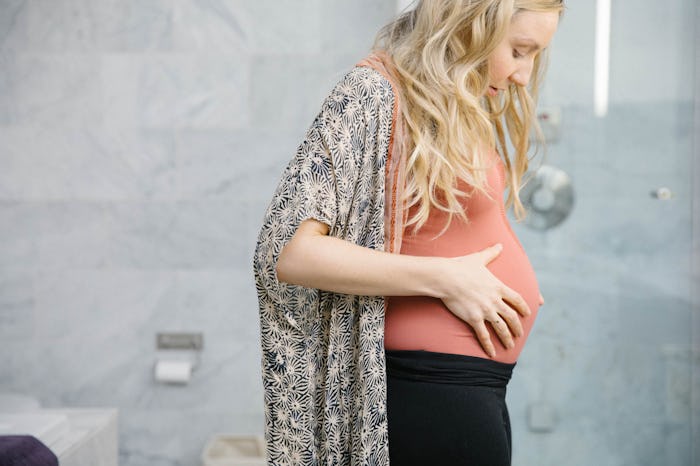Before I had my children, I always assumed that pregnancy, and specifically getting pregnant, would be easy as pie because I was young and healthy. After all, I spent hours in class learning how not to get pregnant, after all. But, what age are you most likely to get pregnant? Is there a certain window to aim for?
It can be confusing to think about when you hear almost as much about infertility treatments as you do about pregnancy prevention; there's enough crossed wires and mixed signals to make your head spin around. Is it the case that teenagers are really the most likely to get pregnant because you hear so much about it, or is it maybe just as likely for a woman in her early 30s to get pregnant?
Maybe you're considering trying to conceive right now and maybe you're curious if you can afford putting it off a few years to get a bit more stable in your career before taking that leap into motherhood. I mean, the mom penalty is a real thing, and it's difficult (but not impossible) to try to navigate what parenthood may mean for your career, while still assuring peak fertility. What age are you most likely to get pregnant and also be ready for the baby?
According to the Journal of Family and Reproductive Health, the easiest time to get pregnant, is not the best or safest time to be pregnant or have a baby. A woman can become pregnant most easily just a few years after puberty, but having a baby at 15 or 16 is not the best idea for the baby or the mother. While the mother may be super fertile, the rest of her body is not as ready to bear children, possibly leading to serious complications.
Sociologist John Mirowsky at the University of Texas at Austin found that the easiest age to get pregnant that also carried the lowest risk of birth defects was 26 years old. However, he found that the optimal age, where the socioeconomic health, physical health of mother and child, and best pregnancy outcomes, happened when the mother was a mean age of 31 years old. These women experienced the longest life with the healthiest babies, easiest trying to conceive period, and lowest chronic difficulties during their pregnancies and after their pregnancies.
Fertility drops after 35 years old, and drops even further at 38, according to The Journal of Family and Reproductive Health, but apparently, at least according to Mirowsky, the sweet spot is just a few years before the decline begins. If you're concerned that you won't be able to get pregnant when you want to, talk to your provider, as they can assess your health and any concerns you may have before you finalize your baby-making plans.
